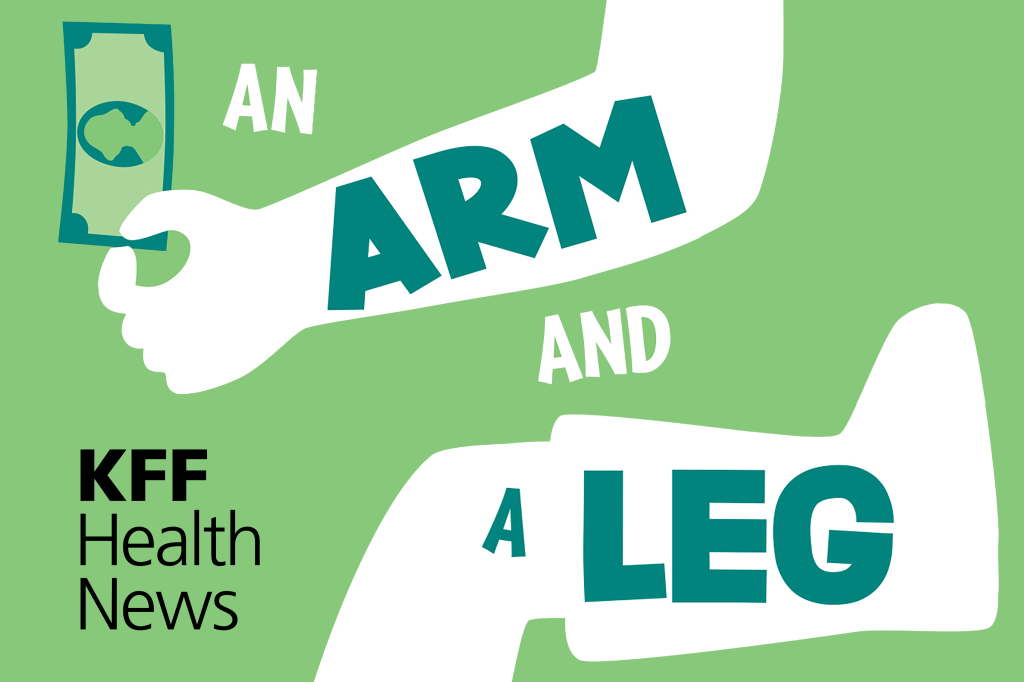Barry Callebaut is to resume production at its factory in Belgium that was involved in a Salmonella contamination incident beginning next month.
Cleaning of the chocolate lines affected by the Salmonella-positive lecithin in the plant in Wieze, is progressing well, said the company.
The first cleaned lines should restart in early August, with a gradual ramp-up to full capacity over the following weeks.
One batch of contaminated lecithin was unloaded at the Wieze factory on June 25. Barry Callebaut confirmed Salmonella Tennessee had been identified in the lecithin system of the factory and in samples of the delivered material. This batch came from a lecithin manufacturer in Hungary and was transported by a third party. The lecithin involved was only used at this site.
The National Food Chain Safety Office (Nébih) in Hungary inspected the lecithin supplier, examining the processing methods, documentation, and taking official samples. Based on follow-up investigations, affected items were not shipped to other companies. Local media named this company as The Vandamme Group.
Blocked before public sale
On June 27, Barry Callebaut detected a Salmonella positive on a production lot manufactured in Wieze and lecithin was identified as the source of the contamination on June 29.
Lecithin is used in all chocolate production lines in Wieze, so the company decided to stop operations and to block all chocolate products manufactured from June 25 to 29, except for cocoa production which is not linked to the lecithin circuit.
On July 1, Barry Callebaut confirmed that, based on its internal investigation, no affected products had entered the retail food chain. No implicated chocolate has been exported by the company outside Europe.
Affected countries include Denmark, France, Germany, Hungary, Italy, Netherlands, Poland, Romania, Serbia, Spain, Sweden and the United Kingdom, according to a RASFF alert.
Barry Callebaut informed the Belgian food authority about the incident. The Federal Agency for the Safety of the Food Chain (FASFC) has been to the site as part of an investigation.
(To sign up for a free subscription to Food Safety News, click here.)
Note: This article have been indexed to our site. We do not claim legitimacy, ownership or copyright of any of the content above. To see the article at original source Click Here













